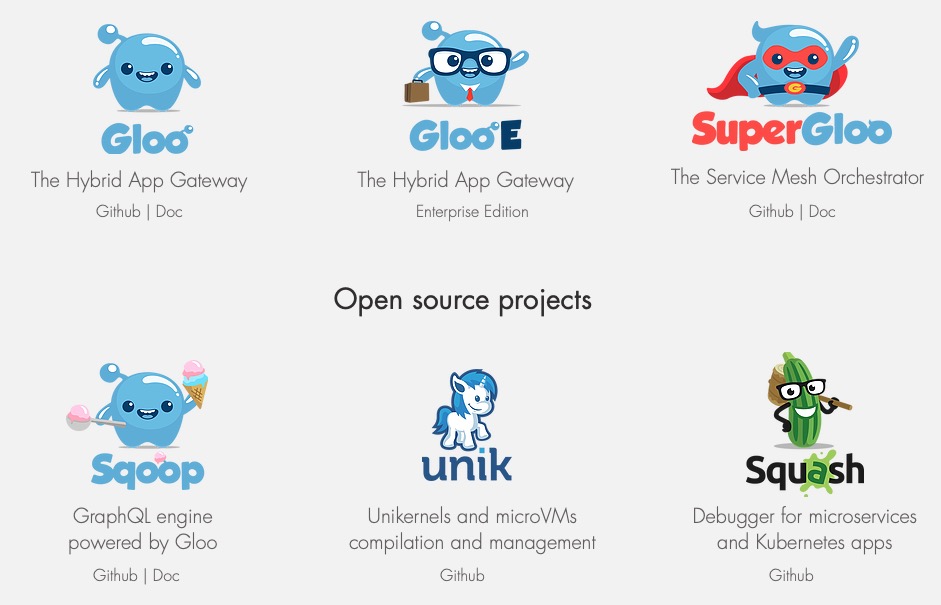Cambridge, Massachusetts-based Solo.io is a software company that enables enterprises to adopt and operate innovative cloud-native technologies. Solo.io has raised $11 million in Series A funding led by Redpoint Ventures.
True Ventures also participated in this round. In conjunction with this round of funding, Redpoint partner Satish Dharmaraj and True partner Puneet Agarwal are joining the company’s board of directors.
Idit Levine started the company with a vision to unify application development as software platforms used by enterprises are aging. And she believes that successful enterprises need a way to continue to get value from existing software investments that coexist with fast-moving new platforms.
“Helping enterprises easily adopt innovative technologies without making drastic, painful changes to their existing software portfolio is our goal at Solo.io,” said Levine in a statement. “It helps enterprises focus on the value software brings to their business. Business leaders want to focus on business. They don’t want technology dictating business outcomes.”
Solo.io will be using this funding round to accelerate investment on its open source and enterprise product development. And the company is investing further in its sales and marketing initiatives in order to meet growing market demand for its suite of products.
“Solo.io makes migrating to cloud native architectures seamless and easy,” added Redpoint partner Dharmaraj. “Founder and CEO Idit Levine is an incredibly impressive technical leader. In the GlooE platform, Levine and her team have created something that helps enterprises realize the business benefits of distributed architectures and open source software without having to rewrite or fork lift the entire existing code base. The scale of that achievement is hard to overstate.”

Photo: Solo.io
Some of Solo.io’s existing open source tools include UniK, Squash, Sqoop, Gloo, and SuperGloo. These tools have more than 4,000 GitHub stars between them.


